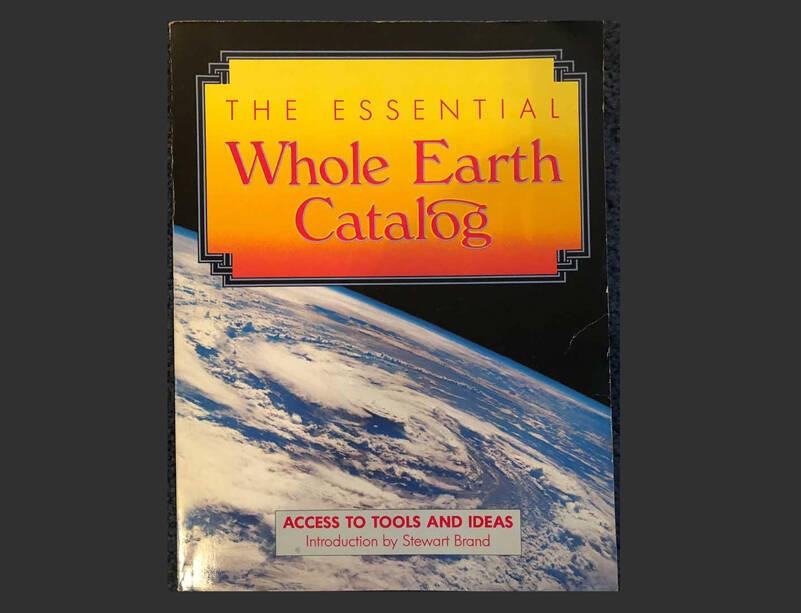By Morf Morford, Tacoma Daily Index
Newspapers have been central players in the lore and landscape of cultures and communities around the world for several centuries. The London Times, for example was founded in January, 1785. The world’s first weekly newspaper was published in Germany (in what was then known as the Holy Roman Empire) in 1605.
Privately published news sheets (known in Europe as broadsides) were printed and distributed (in limited circles) in China as early as 1582. Spain’s La Gazeta, currently online only (since 2009), has been in print, one way or another, since 1661. The Vedomosti is Russia’s oldest newspaper. It was established by Peter the Great in December 1702. The first issue appeared on 2 January 1703.
My point is that printed newspapers have been around, in one form or another, longer than many empires, nations and political regimes. And technological changes.
It is hardly news that newspapers are in trouble. Industry mergers, closures and cutbacks are near-daily occurrences.
A successful, or even sustainable, newspaper requires two things; credibility and a reliable literate and informed audience.
America’s Founding Fathers firmly believed that a free people require a free press, and all manner of laws and regulations were put in place, from subsidized mail rates to Constitutional protections, to protect and sustain newspapers of all kinds. And agendas.
“We the people” means nothing if the voices of “the people” (ALL the people) are not heard.
For all of their inherent biases and weaknesses, there is nothing like a newspaper as a public, accountable and, often immediate, format for opinion, rant and the occasional insight into what ails (or inspires) us as individuals or members of a community. The health of a shared basis of news is the foundation of any culture and community.
The Founding Fathers of what became the USA (called by many historians “the first new nation”), firmly believed that a free press, no matter how messy, partisan, or even vindictive it might be, was essential. An informed citizenry was central to the survival of any “republic” (as opposed to a monarchy).
The basis of our governments being the opinion of the people, the very first object should be to keep that right; and were it left to me to decide whether we should have a government without newspapers or newspapers without a government, I should not hesitate a moment to prefer the latter.- Thomas Jefferson, 1787
Enter the ghost papers
Most cities took it as a sign of civic maturation to establish its own daily newspaper. Many cities had more than one. But now, cities that had two, or even three newspapers, struggle to keep even one print version viable.
These newspapers fumble along, with dwindling financial and local support until they finally dry up and leave a “news desert” behind.
Corporations that know little (and often care less) about newspapers, or journalism or local communities have been buying up struggling newspapers and, in most cases, deliberately or not, eviscerating them, selling off the machinery and real estate and leaving communities without shared forums or public voices. (https://www.editorandpublisher.com/stories/how-two-local-news-are-creating-a-sense-of-community-while-proving-their-value,244758)
Some communities (or individuals) have stood up and responded to this plundering of vital and local voices. You can see examples of this here.
For better or worse, ink on paper is, as much as anything, human made, immutable. Words and statements are printed for all the world to see – and evaluate.
Denials and explanations are, at minimum, more nuanced and complicated. But still, as we have seen the past few years, actively pursued.
Print, it turns out, is pretty close to forever.
What’s a newspaper?
Young people might be asking that question in a literal sense, but it’s a good question to ask in a larger sense as well; is a newspaper a business or a public service? And if it is one, or a conglomeration of both, is it doing either one capably?
And, in far too many communities, is the local newspaper even allowed to present the truth some in the community may not want to hear?
You can’t handle the truth. Or the news.
Cable news and “news” websites have become self-selecting echo chambers where people go to find voices they agree with. The beauty (and purpose) of a local newspaper is to be local – to embrace the multitude of contradictory and competing voices and, at least ideally, let the best ideas win.
Threats to the press
Besides the usual threats to any business venture, from market forces to technology shifts to changes in leadership, the press in general has faced challenges to its existence in the past few years most of us would never have imagined possible.
From non-stop criticism of the press, and all other, non-compliant media from a former president to the raiding of an independent, small town newspaper by local police because of a story not even published, newspapers, besides the usual financial and community pressures, face problems unique to the industry.





